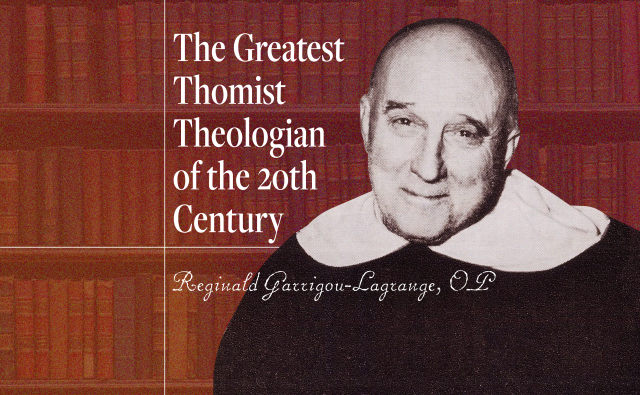As followers of this blog well know, I read the monthly magazine, Magnificat religiously. I particularly read the Gospel readings and the meditations that go along with it. I have highlighted several of the meditations here, but frankly in every monthly issue there are several that could be highlighted as exceptional. Here is one from last month’s issue that’s been on my mind.
This meditation is teamed with the Gospel passage, Mt 16:13-23 where Jesus tells the disciples he must go to Jerusalem and suffer greatly. Peter responds with “God forbid,” and Jesus tells Peter, “Get behind me Satan…you are thinking not as God does, but as human beings do.” So the Gospel is about the need to suffer. The meditation is taken from Fr. Réginald Garrigou-Lagrange, O.P. where he describes what our suffering does for us.
Our Lord asks us to allow
him to work—to allow him to work to reproduce his image in us. Our Lord does not ask us to love suffering in
itself, but to love it as a means of salvation, just as a very bitter medicine
that will give us back our health can be loved.
We are not asked to feel his love in a sensible way, but to give proof
of it by persevering, despite tribulations, in the practice of our religious
duties, especially prayer. Jesus expects
us to turn to him with ardent prayer, because he has already decided to hear us
and to lead us much higher than we ourselves could desire. Therefore, we should love the cross for the
love of souls and gladly accept being associated with our Lord in his work of
redemption.
The cross is necessary to
us. The Lord tries us only because he
loves us, because he wishes to assimilate us to himself, to supernatralize our
spirit, to give us more exalted knowledge of ourselves and of him, and also to
give us a stronger love. Together with
humility, the cross develops in us the three virtues that are properly divine
and are the heart of the Christian life: faith, hope, and charity. The cross
makes our soul similar to the soul of Christ, and therefore similar to
God. Sometimes this effect of the cross
is so sublime that it is reflected in the human body. Saint Benedict Joseph Labre was passing
through the streets of Rome one day when an artist, who had visited all the
museums of Italy without finding what he was searching for, stopped him. He begged the saint to follow him and led him
to his room. There, after he had painted
the resemblance of the poor man of Christ, the artist knelt down, kissed his
hands, and exclaimed, “You have the face of Christ!” On another occasion, the poor saint was seen
enveloped by a brilliant light.
Emanating from his face were rays that shone with such splendor that he
seemed to be on fire. Such was the fruit
of the cross in the soul of this saint.
For such crosses the angels envy us, being unable to give God this
testimony of love. The cross leads all
Christians to the true light of God, the prelude to heaven: Per crucem ad lucem. Through the cross to the light.
~ Fr.
Réginald Garrigou-Lagrange, O.P (from Magnificat,
August 2024, Vol 26, No. 6, p.110-11, originally quoted from Knowing the Love of God: Lessons from a Spiritual Master, 2015)
Fr. Garrigou-Lagrange was a Dominican priest from France from the early to the middle of the 20th century. He was very influential at Vatican II, and was teacher and friend to the future Pope John Paul II. He wrote many books on theology and spirituality.
No one wants suffering. Job endured it, and when he questioned it was left without an answer. God could not answer it because Jesus had not been revealed yet. Job would finally get this answer harrowed hell and brought out all the Old Testament righteous. Job would learn when Christ came to raise him to the light that his suffering was a cross given to him to configure to Christ. Fr. Réginald points out here that our suffering is the stamp of Christ placed upon our face. Another way to say it is, “we are the clay, you are the potter, the work of your hands” Sometimes I wonder if I suffer enough.
Per crucem ad lucem.


No comments:
Post a Comment